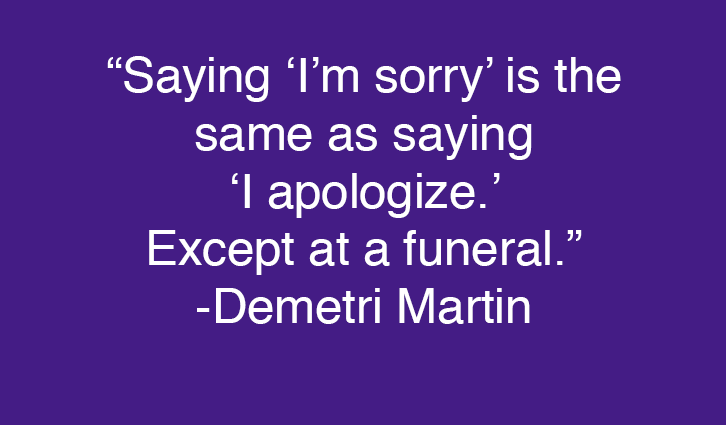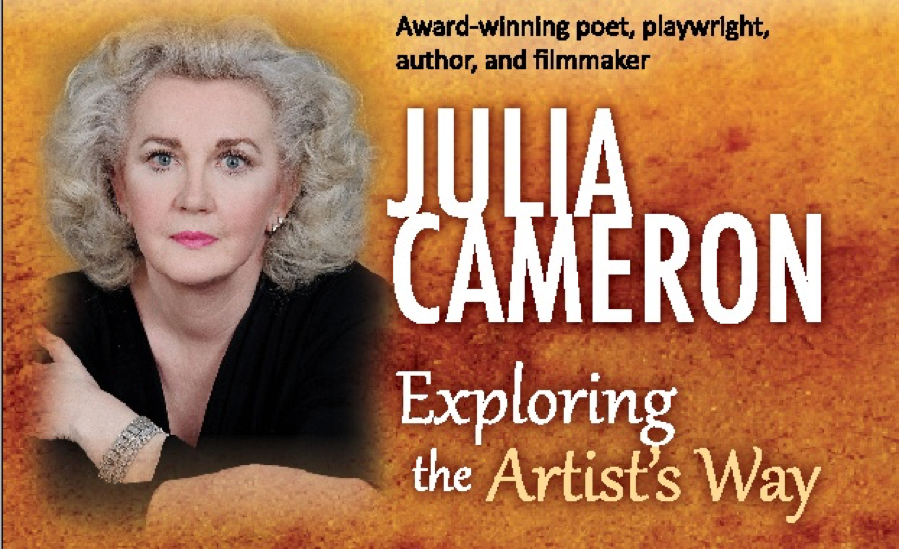Words of Wisdom for Beginning Novelists
This semester for the second time I am in charge of a novel course/workshop at Duke University. Because I’m giving the students some of the same writing advice I gave last year, I’m reposting my words of wisdom from a blog in 2016.
The other day one of the students commented, “You guys, I’m not a very good writer.”
My reply: “You’re a beginning writer. Whether you’re good or not you don’t yet know, and that’s not your problem anyway.”
- My first words of wisdom are found in Julia Cameron’s The Artist’s Way: It is not your job as the artist to determine whether your work is good or not. Your job is to create to the best of your ability. Cameron’s take is spiritual. She says, “Let go and let God.”
Julie Cameron is simply the best for words of wisdom for any and all artists.
For beginning novelists, here are some of the gems that have come out of class discussion:
- Beginning writers often limit their descriptions to sight and sound. Expand your descriptions to include touch, taste and smell. My latest Buy Me Love (February, 2017) is a police procedural/romance set in London with a werewolf sub-theme. Any time werewolves are involved it’s all about smell.
- If you’re not surprised, your reader won’t be either. Don’t try to control too much. Let it happen. In The Alpha’s Edge, the prequel to Buy Me Love, my heroine says at one point, “I did not see that coming.” And neither did I. That’s the point: writers write to find out what happens next. Everything can’t/shouldn’t be determined beforehand.
- Don’t name major characters with the same initial. If you’re writing about a Richard and a Robert, change one of them to Timothy. After a few pages readers only see the first initial, so avoid first-initial name confusion. This point might not qualify as words of wisdom, but it’s a solid tip.

- All characters in your novel think they are the main character in their own novel. Even if your secondary characters exist primarily to highlight some feature of a main character’s personality or actions, they need to be fully motivated in and of themselves.
- Beginning writers sometimes generate too many characters. Your cast of thousands can be whittled by combining the traits of several characters into one.
- Beginning writers sometimes generate too few characters. Your characters need friends or family members or co-workers to interact with, confide in and/or offer different perspectives. Unless your story takes place in a prison or a religious order, make sure you have both male and female characters.
- Speaking of female characters, beware of fridging, which refers specifically to killing off a female character in order to cause emotional distress to the male one. These women are thus plot devices instead of characters, and it happens quite a bit in fiction, especially with male writers.
- You have to tell the joke – a version of Show, Don’t Tell. This semester a student submitted a passage where one of his characters is said to tell a joke and everyone laughs, but the actual joke isn’t told. You can’t leave a detail like that to the reader’s imagination. The author’s job is to tell the joke.

- Creative writing is difficult. Psychologists have discovered that making choices, avoiding temptation, suppressing emotions and thoughts all come at a psychic cost and tire you out. Creative writing is all about choosing: every word, every sentence, every characterization, every plot point.
In class the other day we had a discussion about the difference between the idea of creative writing – the La La Land of making stuff up – and the hard reality of it. I said something like, “Wouldn’t it be nice if there were a book where we could find out what our characters say and do next? Research papers are so much easier, because you get to look stuff up and get credit for it!”
The students have been surprised by how much effort they exert in this course. The number of choices involved in writing a novel still boggles my mind, even after having written more than 25.
For more words of wisdom see also: Writing Blogs
Categorised in: Love, Writing, Writing Inspiration, Writing Tips
This post was written by Julie Tetel Andresen
You may also like these stories:
- google+
- comment




